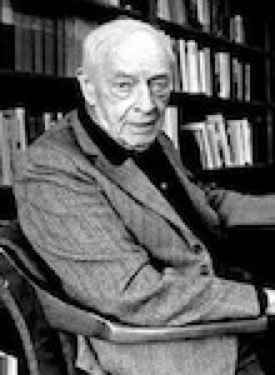Saul Bellow
Literary Critique - Looking for Mr. Green
September/02/2016 04:13 PM Filed: Literary Critiques

Photo Credit: Keith Botsford
(Wikimedia Commons)
The Quest for Identity
Published in 1951, Saul Bellow’s “Looking for Mr. Green” is the story of George Grebe, a government worker, and his quest for an elusive Mr. Green. Grebe delivers relief checks to homebound people in need. Set in inner-city Chicago, Bellow portrays a community struggling with poverty.
Mr. Green is a symbol of the downtrodden man with no real identity. No one knows him, and no one cares. Throughout the narrative, Grebe searches for a person who may not even exist. Every clue leads to nothing. Every lead takes him nowhere.
Bellow writes, “Why is consent given to misery? And why so painfully ugly?”
Though benevolent society tries to help the poor, attempts often fail due to interference. Before this money will reach the mysterious Mr. Green’s hands, numerous people will try to protect him from the law, or what can be perceived as unwanted government intervention. This may be Bellow’s message.